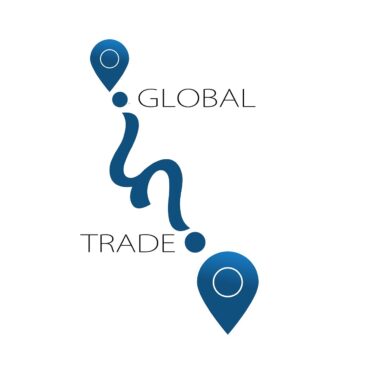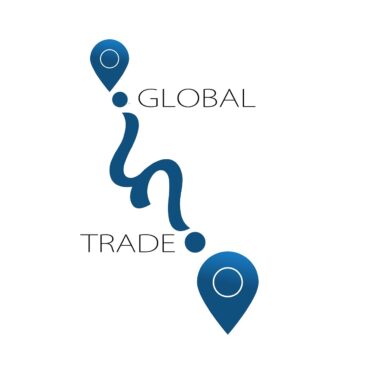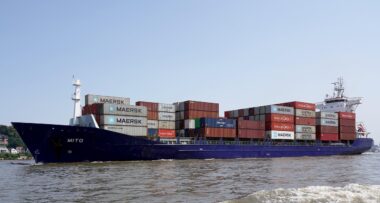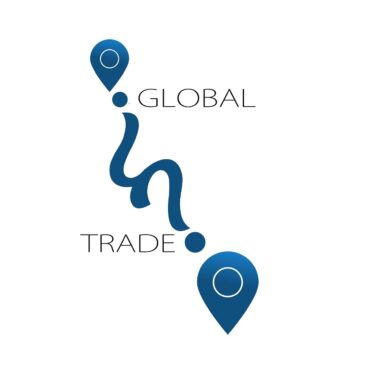Trade Policy Coordination Among Major Economic Powers
In an interconnected global economy, the importance of trade policy coordination among major economic powers cannot be overstated. These powers influence a significant portion of global trade and have the capacity to shape economic policies that affect nations worldwide. Trade policies involve agreements, tariffs, and regulations that govern how countries interact economically. When these policies are aligned or coordinated, they can lead to increased investment and economic stability. This cooperation can mitigate issues like trade disputes and protectionism, which might otherwise destabilize the international trading system. Furthermore, coordinated trade policies promote fair competition and can enhance mutual economic growth by facilitating smoother transactions across borders. Market access improves when countries work together, leading to enhanced benefits for consumers and businesses alike. However, achieving this coordination poses challenges due to differing national interests and economic circumstances. Countries need to be willing to negotiate and compromise to reach agreements that work for all parties involved. Overall, the potential benefits of coordinated trade policies make these discussions essential in today’s globalized economy. Developing trust and transparency among economic powers is crucial to making this coordination successful and effective.
To understand the significance of trade policy coordination, it is essential to consider the role of international organizations like the World Trade Organization (WTO). These institutions arbitrate and facilitate discussions between member countries, providing a platform for negotiation and the resolution of conflicts. Effective coordination can lead to stronger multilateral agreements which set clear rules and standards for global trade. Additionally, coordination helps in establishing a more predictable trading environment, which is vital for businesses looking to invest internationally. Aside from promoting economic collaboration, coordinated policies can also address broader issues such as environmental standards and labor rights, pointing towards shared commitments not just to economic prosperity but also to sustainability and ethical governance. However, the complexity of various international circumstances, like economic downturns or geopolitical tensions among countries, complicates coordination efforts. Moreover, domestic political pressures often influence how countries approach international negotiations. Therefore, while the need for alignment is evident, the execution of coordinated trade policies requires persistent dialogue and face-to-face meetings between trade representatives. Only through continuous engagement can significant strides be made toward effective cooperation and understanding among nations.
The Challenges of Global Trade Policy Coordination
Despite the evident need for trade policy coordination, numerous challenges impede this process. National interests often diverge significantly, particularly in terms of protecting local industries versus opening markets to foreign competition. Governments are regularly faced with pressure to prioritize domestic economic growth, which may lead to protective measures like tariffs or quotas. These restrictions can spark retaliatory actions from other nations, creating a cycle of trade disputes that hampers international cooperation. Additionally, varying degrees of economic development present challenges; for instance, developing countries often have different capabilities and priorities compared to industrialized nations. This disparity complicates negotiations and can result in agreements that are not equitable. Furthermore, issues such as technology transfer and intellectual property rights can become significant sticking points that slow down conversations. The proliferation of digital trade adds another layer of complexity, as countries grapple with regulations pertaining to data privacy and cybersecurity. Navigating these multifaceted challenges requires not only skilled negotiators but also sustained commitment from all parties to find common ground. Ultimately, overcoming these hurdles is crucial for creating a robust framework for global trade that focuses on mutual benefits.
In recent years, trade tensions among the major economic powers have highlighted the importance of coordination. The trade war between the United States and China serves as a vivid example of how fractured relationships can disrupt global markets. Both nations have implemented tariffs that adversely affect not only their economies but also those of their trading partners. This affliction is felt in job losses, higher consumer prices, and disrupted supply chains. Moreover, escalating trade conflicts have prompted many countries to reconsider their dependence on single markets, leading to a push for diversification in trade partnerships. As nations seek to stabilize their economies, they often turn to multilateral trade agreements as potential solutions. Such agreements can offer avenues for collaboration while promoting fairness and reciprocity. However, they must be crafted carefully to avoid favoritism or imbalances that favor one country over another. To forge effective agreements, it is essential for nations to engage in transparent negotiations, where all stakeholders can voice their concerns and compromise where necessary. As geopolitical dynamics evolve, the emphasis on coordinated trade policies will likely increase, influencing future international relations.
Future Trends in Trade Policy Coordination
As the landscape of global trade evolves, new trends are emerging that could reshape trade policy coordination among major economic powers. One notable trend is the growing emphasis on sustainability in trade agreements. Environmental considerations are increasingly becoming part of trade policy discussions, with countries recognizing the need to address climate change collaboratively. As nations prioritize sustainable development goals, coordinating efforts to implement green trade policies will likely become essential. Another anticipated trend is the impact of technological advancements on international trade. The rise of e-commerce, digital currency, and cross-border data flows presents unique challenges. Countries will have to create coherent frameworks that allow these digital elements to thrive while ensuring compliance with regulatory standards. Increasingly, major economies may explore bilateral and regional trade agreements to address specific challenges, which might lead to a more fragmented global trade environment. However, these agreements can serve as building blocks toward broader cooperation if approached with a mindset geared towards integration. Thus, understanding and adapting to these trends will be critical for policymakers seeking to enhance trade coordination among leading economic powers.
Achieving successful trade policy coordination is not solely a matter of negotiation but also relies heavily on effective communication among economic powers. Countries must invest in building networks that facilitate open dialogue concerning trade issues. Information-sharing and transparency in decision-making processes can foster trust and understanding among nations. By regularly conducting trade discussions and facilitating workshops, countries can establish norms and best practices that support coordinated efforts. Stakeholders, including businesses and civil society organizations, should also be included in conversations about trade policy to ensure diverse perspectives are considered. This inclusion enhances the agreement process as it reflects a variety of economic needs and objectives. Furthermore, surveys and consultations with affected groups could help identify key trade concerns that may otherwise go unnoticed. In this regard, the creation of forums dedicated to addressing trade issues can empower actors to engage meaningfully in trade negotiations. When a broad spectrum of voices is involved, countries may find that aligned goals lead to productive outcomes. As a result, effective communication strategies will play an increasingly significant role in promoting trade policy coordination in the years to come.
Conclusion
In conclusion, the path to effective trade policy coordination among major economic powers remains complex yet vital. As globalization continues to interlink diverse economies, the consequences of uncoordinated policies can be severe. The negative impacts of trade wars and protectionist measures underline the necessity of international collaboration in devising trade strategies that benefit all. While the challenges are numerous—from national interests to varying degrees of development—there exists a pressing need for open dialogue and mutual understanding. Moving forward, the integration of sustainability, technology, and transparency into trade agreements will be pivotal. Engaging multiple stakeholders and emphasizing effective communication will further enhance the potential for successful coordination in trade policies. As nations recognize their interdependence, they may be more inclined to participate constructively in negotiations, fostering a more stable trading environment. Consequently, a concerted effort to address trade policy coordination will not only benefit individual nations but also contribute to overall global economic stability. Policymakers and economic leaders must prioritize this cooperation to adapt to the changing dynamics of international trade and achieve lasting economic growth.
As we look to the future, the necessity to embrace innovative approaches to trade policy coordination will be vital. Adapting to current global challenges requires a willingness to rethink traditional norms and practices that have dominated international trade relationships. The integration of technology and adaptable regulatory frameworks can provide new solutions for enhancing trade efficiency and competitiveness. As countries face economic uncertainties, fostering regional partnerships could be an effective strategy for navigating these complexities. This can create a balance between adhering to commitments and addressing domestic economic pressures. Ultimately, the success of trade policy coordination will depend on the collective commitment of major economic powers to work together and find common ground in their objectives. By embracing collaborative models, nations can unlock new opportunities for trade and create shared prosperity in an increasingly interconnected world. Thus, the evolution of trade policies will play a key role in shaping the economic landscape of the future. Continuous adaptation and partnership will be essential in enhancing trade relationships among global powers, benefiting both individual nations and their citizens in the long run.








